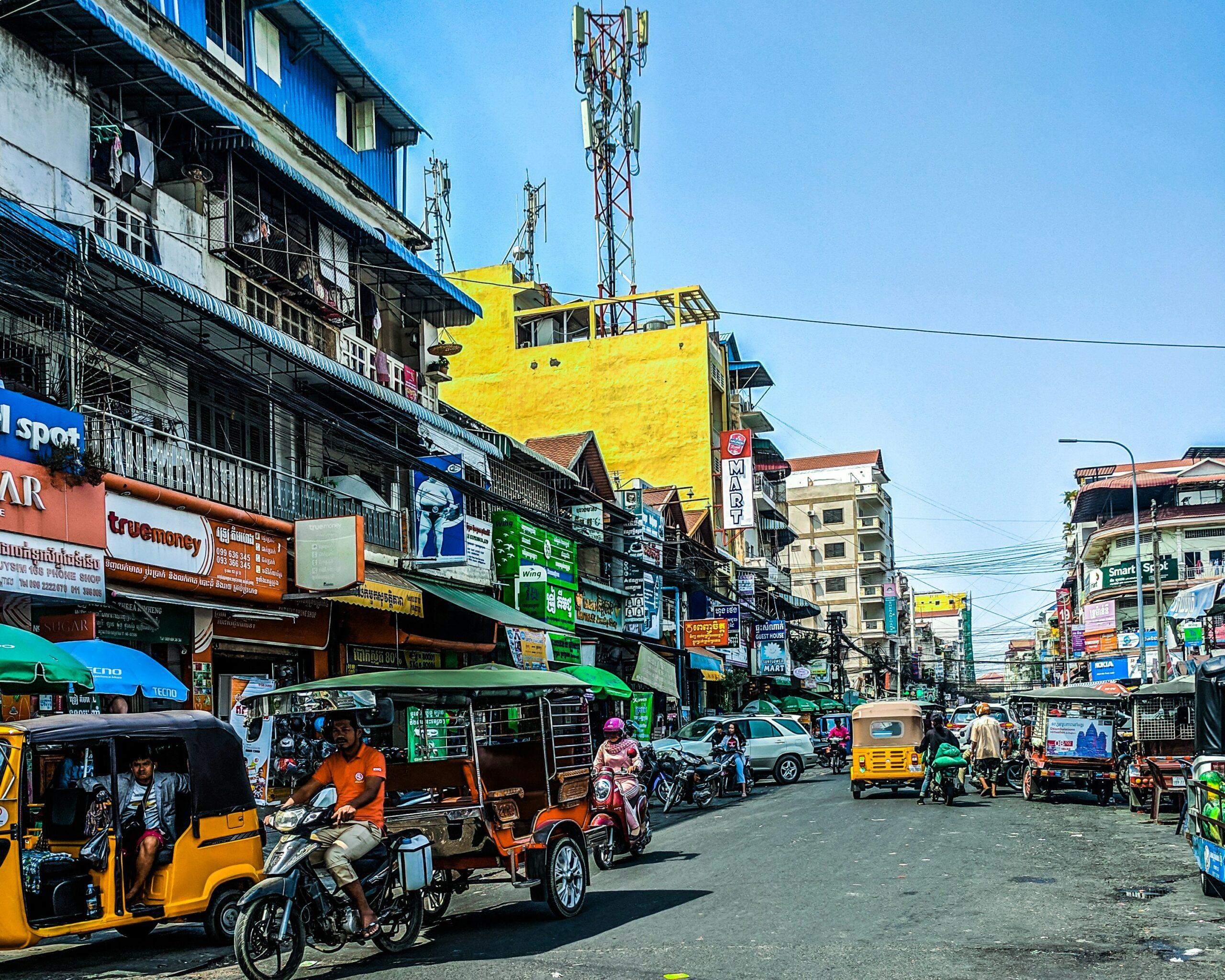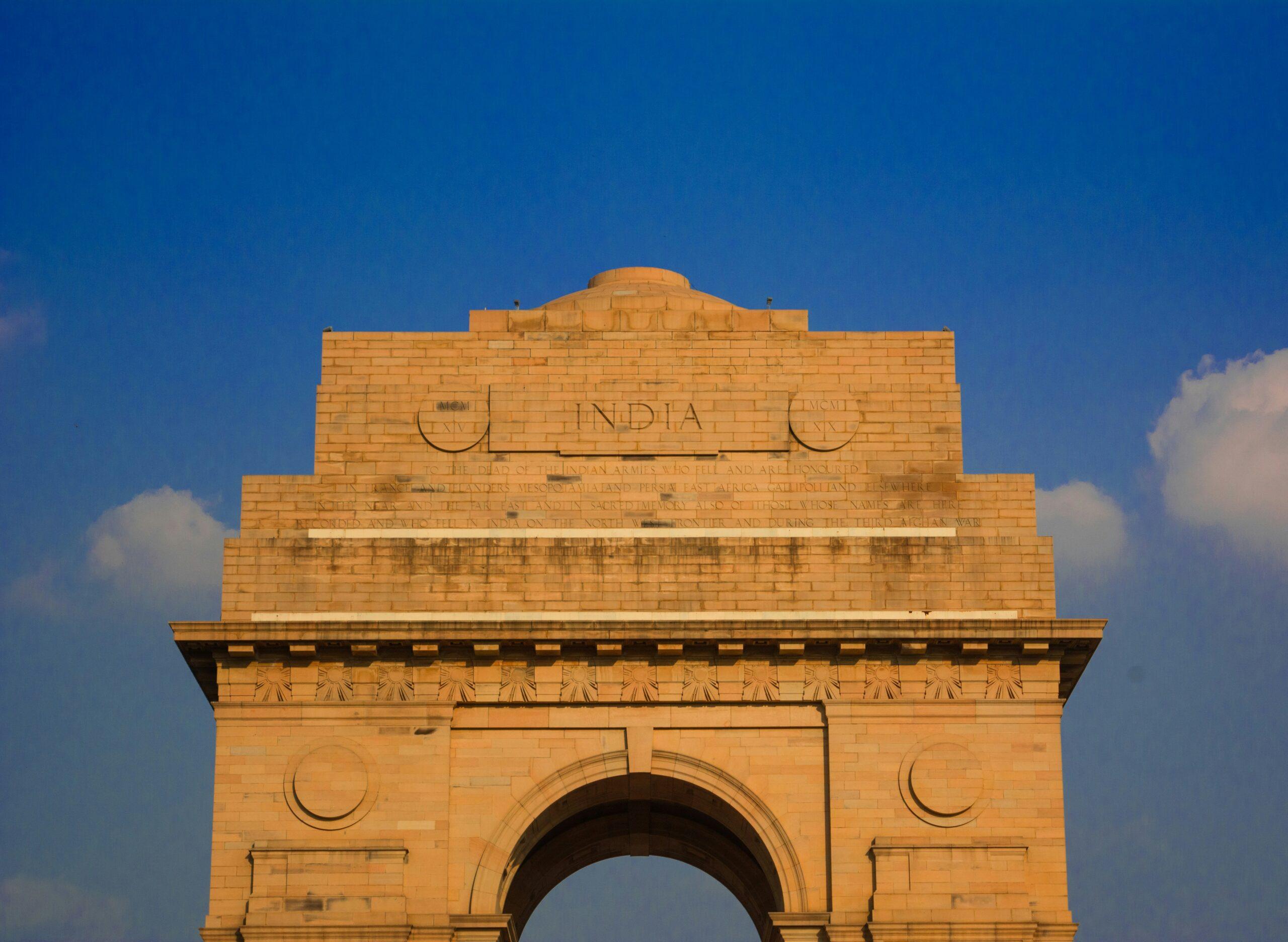On 2 February 2024, the 2nd meeting of the Ad Hoc Joint Task Force (JTF) on the European Union Deforestation Regulation (EUDR), between the EU Commission, Malaysia, and Indonesia took place in Putrajaya, Malaysia. The gathering was organised by the Council of Palm Oil Producing Countries (CPOPC) and followed the initial meeting held on 4 August, 2023 in Jakarta, Indonesia. Attended by official representatives and stakeholders from key industries affected by the EUDR, such as palm oil, rubber, cocoa, timber, and coffee, the JTF aims to address concerns raised by ASEAN members, particularly Indonesia and Malaysia, regarding the EU’s deforestation regulation. The establishment of the JTF reflects efforts to enhance communication and mitigate tensions between the EU and ASEAN nations.









